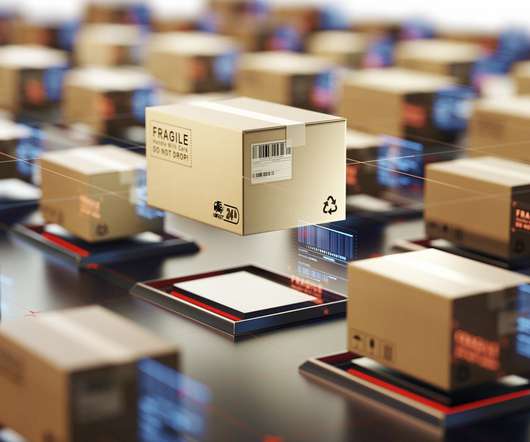10 Examples of How Big Data in Logistics Can Transform The Supply Chain
datapine
MAY 2, 2023
Table of Contents 1) Benefits Of Big Data In Logistics 2) 10 Big Data In Logistics Use Cases Big data is revolutionizing many fields of business, and logistics analytics is no exception. The complex and ever-evolving nature of logistics makes it an essential use case for big data applications.















Let's personalize your content